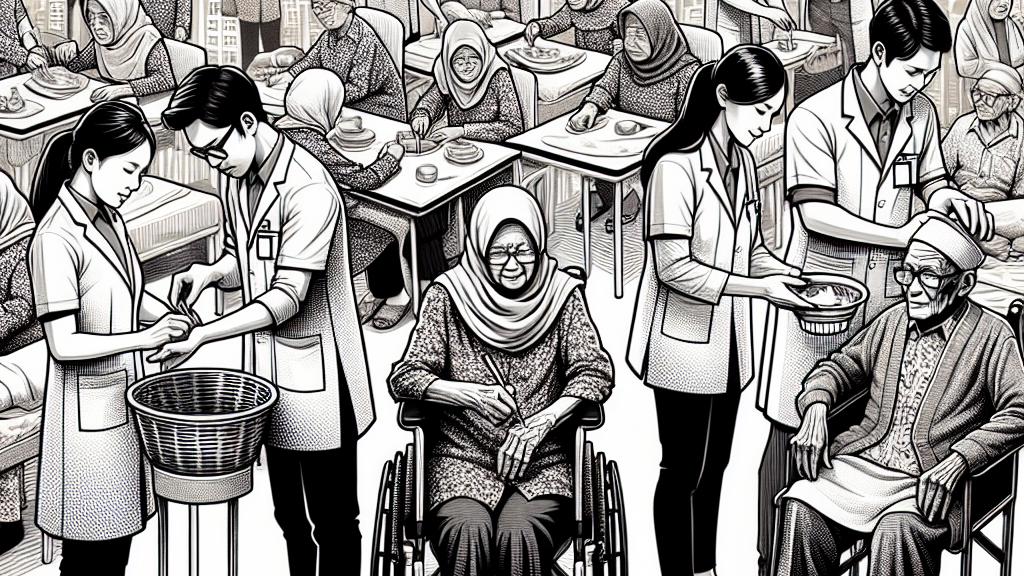Taiwan's Labor Ministry Sparks Controversy with Bold New Care Worker Plan!
Overview
- Taiwan's Ministry of Labor (MOL) introduces a pilot program for flexible employment of foreign care workers.
- Critics raise alarm over potential job losses for local workers and impacts on the care industry.
- The initiative aims to address an urgent need for caregiving solutions amidst a rapidly aging demographic.

Introduction to the Pilot Program
On August 7, 2024, Taiwan's Ministry of Labor (MOL) unveiled an ambitious pilot program designed to reform the employment model for foreign care workers. This initiative allows public welfare organizations to hire caregivers on a flexible basis, offering assistance for short durations—ranging from a few hours to a full day—rather than the traditional live-in model. With over 241,532 foreign caregivers currently operating in Taiwan, predominantly from Indonesia, this move is anticipated to provide better care solutions for individuals recovering from surgery or those needing daily support. The MOL's new approach is a direct response to the growing necessity for diverse caregiving options, especially as Taiwan's population ages at an alarming rate, signaling a pivotal change in the nation's caregiving landscape.
Responses from Stakeholders and Advocacy Groups
The MOL's proposal has not been without controversy, prompting significant pushback from various activist groups and political figures. Lawmaker Lin Yueh-chin and leaders from organizations like the Peng Wan-Ru Foundation expressed fierce opposition, arguing that the plan could jeopardize the livelihood of local caregivers, who may find it hard to compete with foreign workers earning lower wages. The fear of widespread unemployment looms, especially as Taiwan anticipates becoming a super-aged society by 2025, with over 20% of its population expected to be 65 years or older. Critics argue that by categorizing foreign care workers as flexible help to fill gaps, the government risks undermining the fundamental role of local workers, potentially destabilizing the current care network that relies heavily on them for quality support.
Future Implications and Sustainable Solutions
As Taiwan grapples with increasing labor shortages in care services, the MOL is attempting to strike a balance between innovation and job security. With the labor force participation rate hovering around 59.25%, the introduction of flexible foreign labor could aid in meeting the immediate demands of caregiving while simultaneously raising concerns about the stability of local jobs. The MOL maintains its commitment to listening to community feedback to refine the pilot program effectively, aiming to enhance care delivery without compromising the integrity of the local caregiving workforce. This initiative not only stands as a crucial step in addressing Taiwan's demographic challenges but also poses important questions about how countries can leverage foreign labor while ensuring domestic workers are protected in industries facing similar pressures globally. Upholding the balance will be essential for fostering a sustainable and effective care system that can adapt to the needs of an aging society.

Loading...